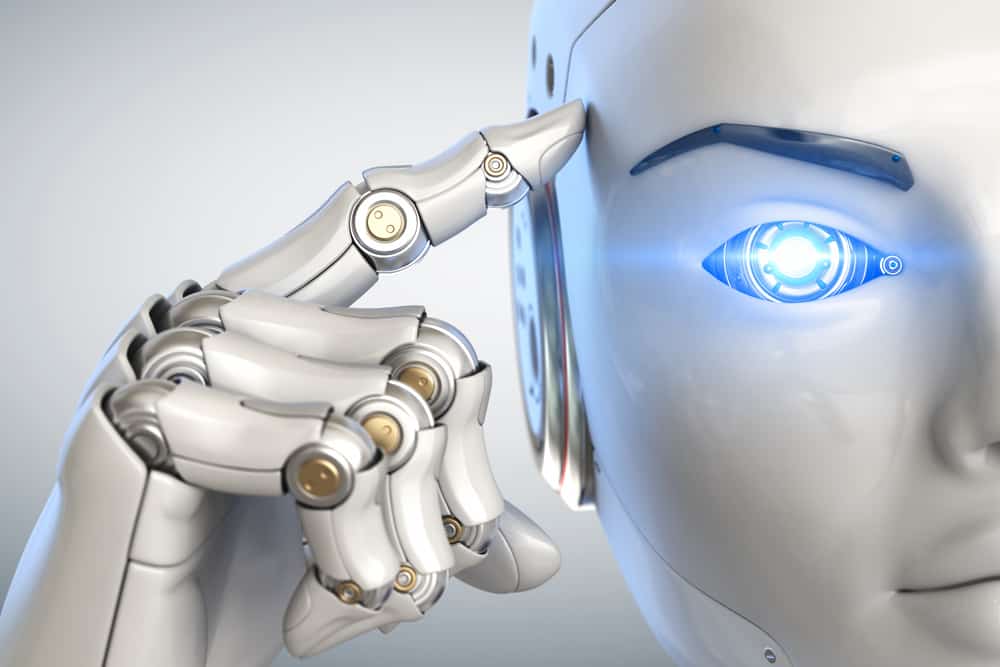
Gaining a complete understanding of artificial intelligence (AI) isn’t always easy. There are lots of inaccuracies and myths that skew the reality of AI. It is most definitely going to become a part of our lives in many areas, such as politics, making business decisions, and even the more recreational side of life, like playing online casino games or watching films. Learning the underlying technology and the challenges created is the only way we will have the ability to make formal decisions when it is being used. Here are six common misconceptions surrounding the world of artificial intelligence.
Machines learn by themselves
There is quite a long way to go before machines can decide for themselves what area of application they will operate in. A considerable amount of human effort is invested into the decisions they do make. It is still necessary for experienced specialists to formulate the problem, prepare the models, determine appropriate training data sets, eliminate biases induced by these data, etc. Based on the performance of the software, they must make adjustments. Spending countless hours using human brains to develop AI models is still necessary.
Machines are Objective
In reality, this could not be further from the truth. As a result of human creation, hardware and software are designed and programmed. As a machine learning model learns from datasets, objectivity is determined by their neutrality. Preparing data requires limiting cognitive bias as much as possible since cognitive bias is almost inevitable. As a result, models often reproduce confirmation biases that were passed down from their creators.
AI Can Learn and Evolve
Although machine learning is the primary focus of AI today, it is not the only tool available. Perhaps one day, we’ll find ways to tackle issues that machine learning can’t yet handle, such as those for which we don’t have enough deep data. Artificial intelligence is when machines work in a way that simulates human intelligence. This could be anything from understanding natural language to making decisions. There is no set definition for AI because its capabilities are constantly changing and expanding.
AI Will Remove the Need for Human Jobs
As with previous technologies such as robotization and automation, the development of AI technologies will replace some jobs and transform and create others. AI is going to see changes to the world of work in the way we complete different procedures, just as in other industrial revolutions. The difference with AI is that the number of jobs will probably not reduce all that much. AI enables us to eliminate repetitive high-level tasks, allowing us to work in a new and more intelligent manner. AI eliminates repetitive mundane tasks allowing a more intellectual way to work. The use of AI, like robotization, can be much more efficient compared to human task completion. A great example is in hospitals. AI technology is much more reliable and faster in detecting diseases than a radiologist completing lung X-rays.
AI is not Good for My Company
Are you sure? As a result of AI, customer interactions can be improved, data can be analysed faster, decisions can be made more quickly, and early warnings of potential disruptions can be generated. Why should you deny yourself this opportunity? Furthermore, it can be used in an industrial setting to detect defective parts more quickly and efficiently than a human operator can use computer vision/recognition. A company faces a competitive disadvantage if it ignores AI, which is the same as shunning automation benefits. As a logical outcome of the industrial revolution of automation/robotization, AI is more or less than what has been happening.
Enhanced Intelligence in Machines will Overtake Humans
In today’s AI applications, the solutions are highly focused and context-specific. It is not currently on the agenda to develop generalised intelligence, such as human or natural intelligence, that can tackle a number of different tasks. You have to keep in mind that moon travel was also considered science fiction back in 1865. In spite of the fact that we are unable to definitively say that artificial intelligence will not eventually surpass humans, we believe we can say that in the foreseeable future, super-robots will not be capable of surpassing us in everything.
Source: https://www.uktech.news/other_news/six-misconceptions-about-artificial-intelligence